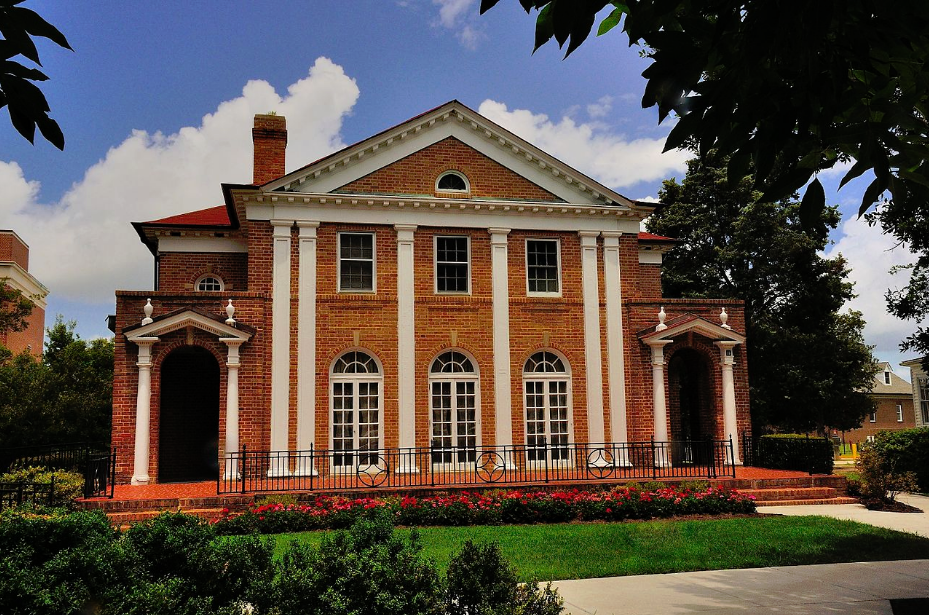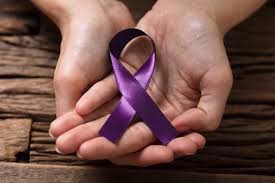“Eliminate Access to Civil Justice Funds” – that is the ominous title of a provision in the North Carolina’s House of Representatives Appropriations Committee’s proposed 2017 Budget. Not cut, eliminate. If passed, this provision would be devastating to legal services available to low-income North Carolinians who cannot otherwise hire an attorney, but are in desperate situations. Those hurt would be domestic violence victims, people on the verge of homelessness, and veterans trying to access benefits they earned with service to this country.
The proposed budget provision would eliminate $1.7 million in funding for Legal Aid of North Carolina (LANC), Legal Services of the Southern Piedmont (LSSP), and Pisgah Legal Services (PLS). Cutting even a fraction of the budget for these organizations would put our most vulnerable citizens at a disadvantage, but eliminating state funding altogether would be catastrophic.
What Do LANC, LSSP, and PLS Do?
These organizations provide much-needed resources such as end of life planning, debt management, and consumer protection. They address housing crises thereby preventing homelessness. They help those who were affected by Hurricane Matthew apply for assistance. When domestic violence and sexual assault victims need protective orders to stop their abusers, these organizations help them get out of dangerous and potentially life-threatening situations. While they do not handle criminal cases, they do assist with helping clients expunge old, low-level marks on their criminal record which can be a barrier to employment and housing. They help their clients who are working under unsafe job conditions or who were terminated unlawfully. However, this is only a fraction of what these organizations provide to the community.
More specifically, through LANC’s online self-help library, visitors can access materials such a guide to small claims court or instructional videos on how to handle their legal matters. They also offer a free self-help clinics where they instruct people on how to handle their legal issues without a lawyer.
LSSP has a Taxpayer Clinic that focuses on assisting low-income tax payers solve controversies with the NC Department of Revenue or Internal Revenue Service. They also assist those who speak English as a second language with tax preparation and education about the tax system. From January to April of every year, LSSP works with the IRS’ Volunteer Income Tax Assistance program to help low-income tax payers prepare and submit their tax returns.
Pisgah Legal Services has the Health Education and Legal Support Program where they partner with local hospitals to improve the health and access to healthcare benefits of low-income members of the community. This program helps clients navigate through non-medical barriers in order to achieve access to medical care.
Now imagine taking $1.7 million away from these services. Thousands of North Carolinians would suffer as a result.
How You Can Help Today
Find out who your representatives are and call them and request that they maintain full funding for these organizations. Calling is much more effective than emailing them, though, emails may help as well. An even better option is to set up an appointment to meet with them at their office. Many representatives are interested to meet their constituents to discuss the issues that are most important to them.
If you feel nervous about reaching out and speaking to someone over the phone or just don’t know what to say, here is a simple script:
My name is [your name] and I am a constituent of [representative]. I feel very strongly about the proposed budget provision that would eliminate funding to Legal Aid and similar organizations. I believe that these organizations are vital to our community and help low-income North Carolinians keep their homes, get veterans’ benefits, and find relief from domestic abusers. I urge [representative] to maintain full funding for them. Thank you and have a great day.”
You can also at volunteer at Legal Aid, Legal Services of the Southern Piedmont, and Pisgah Legal Services. Some volunteer opportunities are specifically tailored to attorneys, such as PLS’ Mountain Area Volunteer Lawyer Program where area attorneys donated more than 2,600 hours to low-income clients. Those attorneys developed expertise and expanded their contacts, both of which can help benefit their own law practice while providing a valuable service to their community. All three organizations offer pro bono opportunities for attorneys, paralegals, and law students. If you are not an attorney, you can still assist with walk-ins, help with maintenance needs like leaky faucets, or provide administrative support. If you don’t have the time to volunteer, you can donate. All three are non-profit organizations, so your donations are tax deductible. This money goes to operating expenses, paying the staff, developing materials for their self-help clinics, and more.
Donate to Legal Services of the Southern Piedmont
Donate to Pisgah Legal Services
The importance of these organizations to their communities cannot be understated. If they are forced to rely solely on donations, low-income North Carolinians facing issues concerning their basic human rights will have little or no access to legal recourse.




